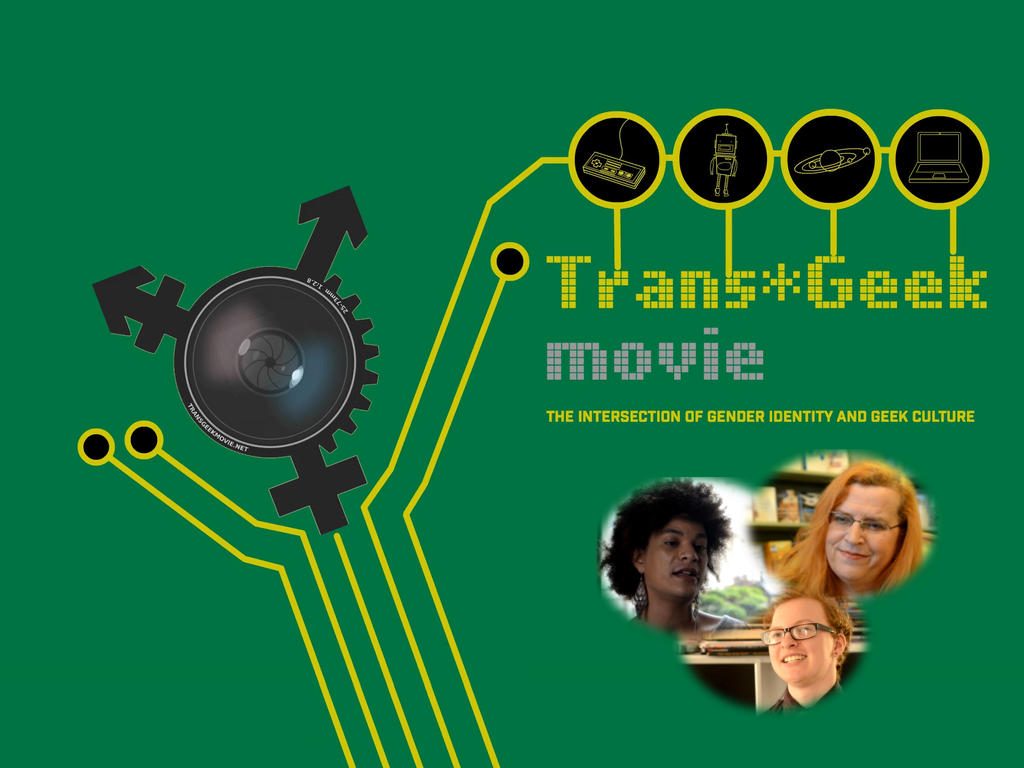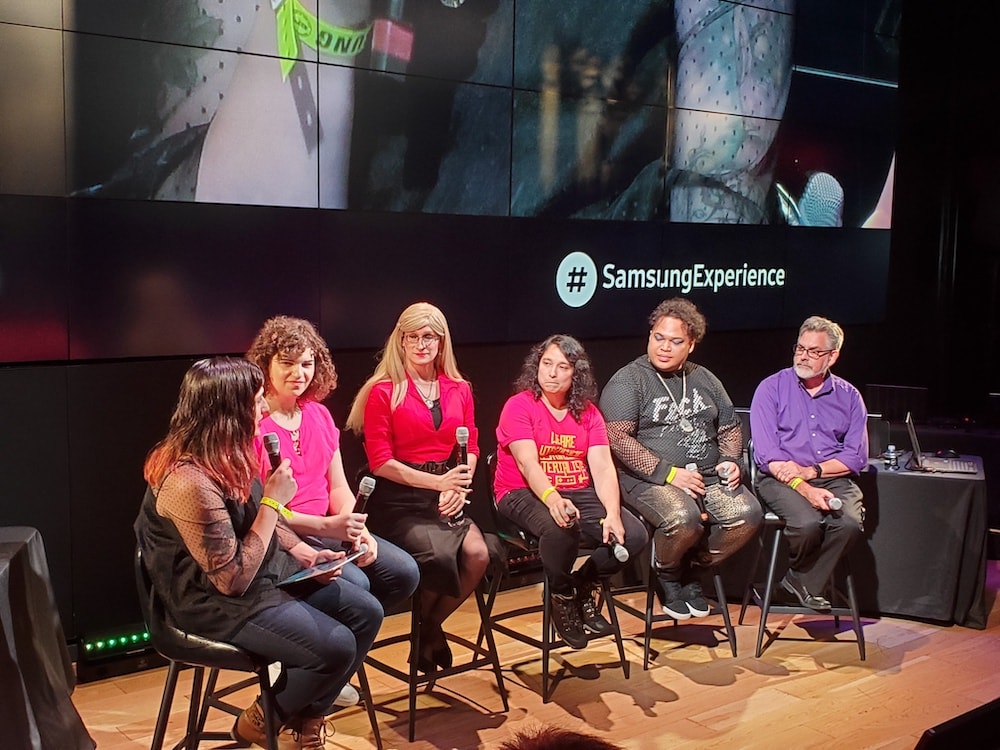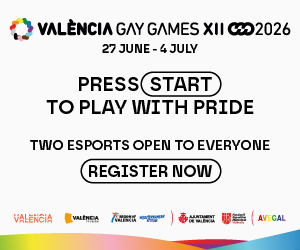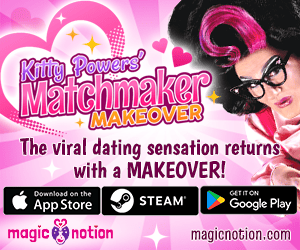
TransGeek examines intersectionality in geek culture
It seems as though one has to be blind not to notice the blatant disregard the media sometimes has for the lives and stories of those of us who belong to queer communities and communities of color. When a white cisgender actress is offered a role as a transgender character in a mainstream film, or when a mainstream film about ancient Egypt features a cast full of white actors, there is an understandable and very valid uproar about the lack of representation in the film industry. Nevertheless, one subculture that we sometimes overlook when speaking about lack of representation is geek culture.
The love of things like video games, technology, Japanese anime, obscure 70’s and 80’s films and music, comic books, superheroes, vampires, aliens, goblins, wizards and witches basically makes you a “geek”, and it doesn’t take much to realize how connected geek culture is to queer culture. Honestly, the vampires in True Blood, for example, were basically a metaphor for the LGBTQIA+ community, and the entire supernatural/human relations struggle bears various similarities to the gay and civil rights movements.
The allegory seems to reveal a clear message: Geeks and queers are outcasts – shunned and rejected by “normal” people, and forced to relate to one another in their private circles in ways that are not really understood by the ones who cast them aside. Freaks, weirdos, losers, nerds, FAGS – queers and geeks clearly have similar plights. To be a geek is to basically be queer. So why the hell do queers find it so hard to gain proper representation in geek culture?
Well, the answer to that question lies in the fact that queer culture, just like everything else on our planet, is dominated by cisgender, heterosexual white men who, despite being self-proclaimed “geeks”, don’t really understand queer culture, are too stubborn and afraid to learn more about it and how it intersects with geek culture, and lack the imagination, integrity and self-awareness it takes to do actually do something about it.
They either don’t realize or don’t care that many queer and trans gaymers are bored to death of seeing characters in video games that don’t look like them. As one interviewee mentions in the film, “It’s always that straight, white, cisgender guy with a little bit of stubble. That guy is in everything. And I have nothing against that guy – I’m just bored of him.”
This is why a film like TransGeek is necessary. TransGeek, directed by Kevin McCarthy and co-directed by Sayer Johnson, is a documentary that focuses on the intersection of queer gender identity and geek culture, and features an original score composed by Zoë Blade, a British electronic musician and transgender woman.
Through interviews conducted over a period of several years with various trans and gender non-conforming people who work in gaming, technology and media industries, the film investigates what must be done in order to make a place for transgender people to tell their own stories in their own voices. Through these interviews, we explore the lives, hobbies, politics, careers, and thoughts of transgender geeks.
I attended a TransGeek panel hosted by Samsung 837, and NYC Gaymers – a member-led community of LGBTQIA+ gamers, moving to uplift the voices of marginalized gamers, and create better spaces for all. We were introduced to the film by director Kevin McCarthy, a straight, cisgender, white male. It was refreshing to see that a person who is not queer or transgender believed in this project so wholeheartedly. It is obvious, from watching the film and listening to him speak, that he totally gets it.
We watched a brief 16-minute snippet of TransGeek (we were given flyers with codes that allowed us to view the entire 80-minute film online), which was followed by a panel moderated by Teen Vogue politics editor and gamer Lucy Diavolo (She/Her), and featuring numerous trans, queer and gender non-conforming professionals, including game designer Tess Leiman (She/Her), playwright, screenwriter, actor, model, game designer, cosplayer, and journalist Charles “Charli” Battersby (She/Her), designer, educator, author and activist Naomi Clark (She/Her), music artist, multi-media designer, entrepreneur, fantasy nerd, and “professional doer of the most” Jo Lee (They/Them), and filmmaker, IT professional and director of TransGeek Kevin McCarthy.

The panel discussed many of the issues that trans and queer professionals face in various aspects of geek culture, including gaming, tech, music, etc., and how heteronormative ideas in the industry need to be challenged in order for things to even begin to change. Jo Lee acknowledged that in order for these things to happen, these conversations must happen. And these conversations can only happen if people are open and willing to have them. They also gave a quick shout out to NYC Gaymers and Samsung 837 for the opportunity to discuss these issues openly and honestly.
After the panel, the attendees of the event enjoyed a huge gaming session in the gorgeously designed 837 Samsung store, which also featured a large paneled screen that was used for showing the film and the subsequent gaming session.
After leaving the event, I went home and watched the entire TransGeek film. It was refreshing to see trans and queer people be given this platform, it also made me realize that there are still people out there who don’t understand the importance of this subject. There are still people out there who don’t know what TransGeekis, or don’t realize the contributions that trans and queer people have made to geek culture. I started to realize that I was not the one who needed to be watching this.
The person who needs to be watching TransGeek is the person who, as mentioned earlier, doesn’t realize that all of their video games lack diversity or any authentic human experiences that aren’t very heteronormative and extremely white. How could one not notice this? Doesn’t this make gaming boring after a while? As one interviewee said in the film, it’s not even all about representation, but just the simple fact that “we need trans people, people of color, and queer people in gaming because it makes things interesting.”
TransGeek is the start of “making things interesting”. We need more people in the queer community to stand up and allow their voices to be heard. And we need more allies to support and use their privilege to create platforms that enable trans geeks to tell their stories.





